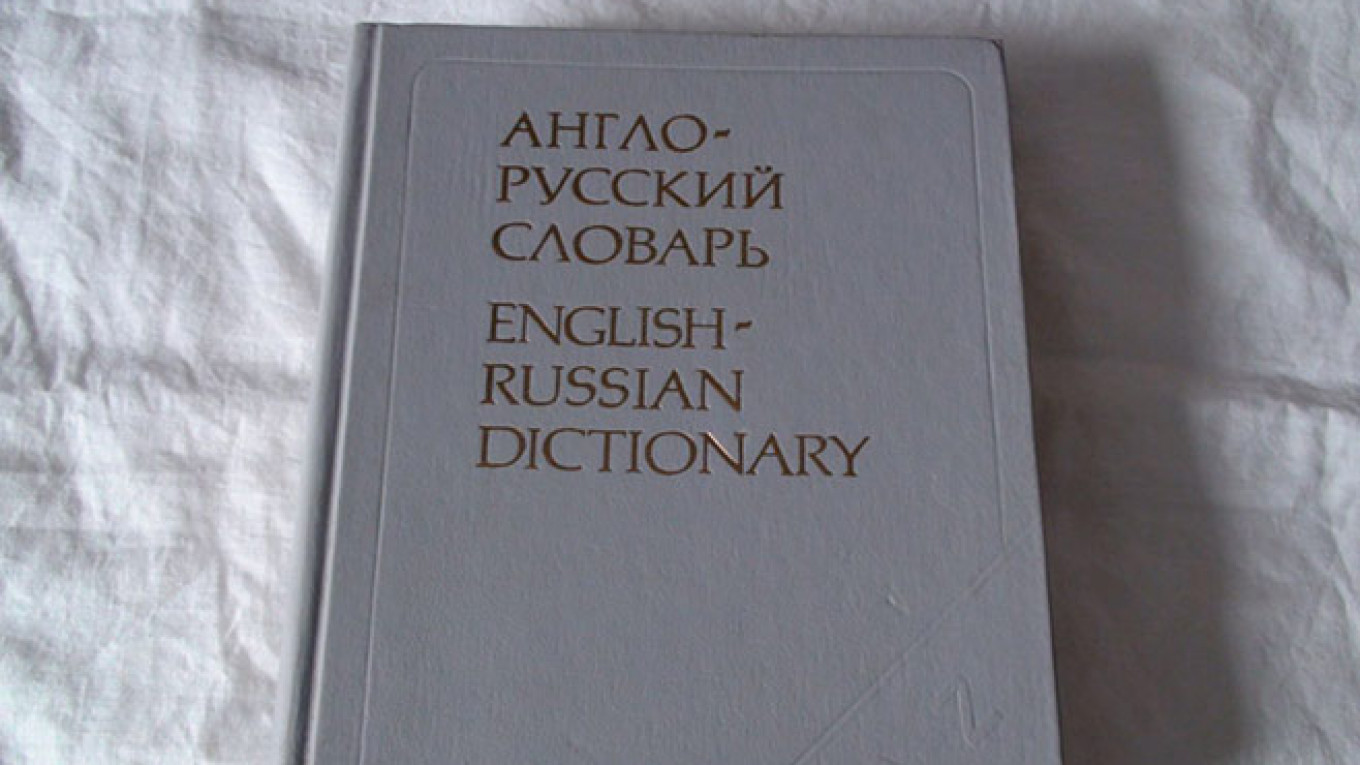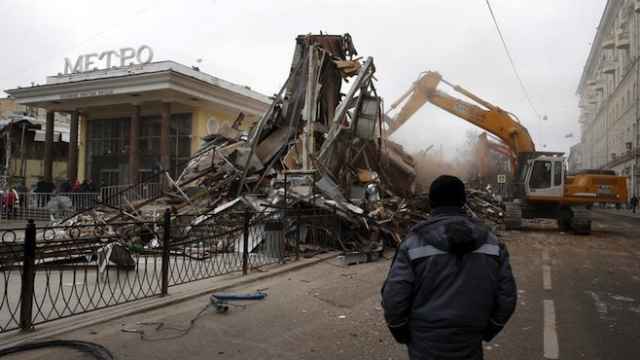
How hard is Russian? Really hard. So hard that a kid who is гуманитарий (someone interested in the humanities) almost flunks his school Russian test. He now has репетитор по русскому (Russian language tutor). If this well-spoken, native Russian speaker is двоечник по русскому языку (a D-student in Russian), what does that make me?
There aren't enough letters in the alphabet to describe me.
But there are lots of ways in Russian to talk about someone who speaks badly. Sometimes in Russian there is no difference between poor diction and poor word choice. For example, плохо говорящий (literally, badly speaking) can refer to a child who is picking up language skills slowly, someone with poor diction, or someone who is inarticulate.
Невнятно (unintelligibly) might mean that someone with poor pronunciation: Стихи он читает с трудом, как будто воздуха ему не хватает, несколько согласных произносит совсем невнятно (He recites poetry badly, as if he was running out of breath, and he pronounces several consonants indistinctly.) Or it can refer to poor clarity of thought, like a boss who shouts: Я что, невнятно сказал? Находясь на работе, выполняйте указания генерального директора, я вам плачу за это! (Didn't I make myself clear? While you're at work, you carry out the boss's orders. That's what I pay you for!)
Another word for verbal stumbling is нечленораздельно, a mouthful of a word that aptly means "not making the syllables distinct." You might find this word in scholarly articles: Все другие гоминиды могли издавать лишь нечленораздельные звуки (All the other hominids can only utter inarticulate sounds.) Or in a romantic novel: Она рыдала, крепко меня обняв, и в промежутках между всхлипываниями нечленораздельно жаловалась. (She sobbed, hugging me tight, and in between weeping she mumbled complaints.)
To make it clear that someone has good diction but bad thought processes, you can use the phrase не может связать двух слов (can't put two words together). This may be temporary: От страха не могу связать двух слов (When I'm scared I can't put one word after the other.)
Stilted speech is суконный язык (literally, as stiff as heavy felt — сукно). Officials often speak in казённый язык — "government-issued language," aka bureaucratese.
Russians pay a lot of attention to how their leaders speak — are they косноязычный (inarticulate) or красноречивый (articulate)? These two extremes have a nice symmetry to them: косноязычный — speaking haltingly, being tongue-tied, from коснеть (to be slow or muddle along); красноречивый — speaking beautifully, from красный (beautiful).
A recent study of public figures in Russia showed: Самыми грамотными оказались федеральные министры, а самыми косноязычными — губернаторы. (The most grammatical were federal-level ministers, and the most inarticulate were governors.) But at even the top level: Они совершают одну ошибку за 10 минут, a главы регионов — у них ляпы каждые 2,5 минуты (They make a mistake every ten minutes, but regional heads make a gaffe every 2.5 minutes.)
Another scholar believes that the leaders who stay the longest speak the worst: Все "коснеющие" лидеры говорили плохо: Сталин, Хрущев, Брежнев (All the leaders who held onto their posts spoke badly — Stalin, Khrushchev and Brezhnev.)
So if you want to have a fast turnover at the top, vote for the candidate who speaks the best.
Michele A. Berdy, a Moscow-based translator and interpreter, is author of "The Russian Word's Worth" (Glas), a collection of her columns.
A Message from The Moscow Times:
Dear readers,
We are facing unprecedented challenges. Russia's Prosecutor General's Office has designated The Moscow Times as an "undesirable" organization, criminalizing our work and putting our staff at risk of prosecution. This follows our earlier unjust labeling as a "foreign agent."
These actions are direct attempts to silence independent journalism in Russia. The authorities claim our work "discredits the decisions of the Russian leadership." We see things differently: we strive to provide accurate, unbiased reporting on Russia.
We, the journalists of The Moscow Times, refuse to be silenced. But to continue our work, we need your help.
Your support, no matter how small, makes a world of difference. If you can, please support us monthly starting from just $2. It's quick to set up, and every contribution makes a significant impact.
By supporting The Moscow Times, you're defending open, independent journalism in the face of repression. Thank you for standing with us.
Remind me later.








